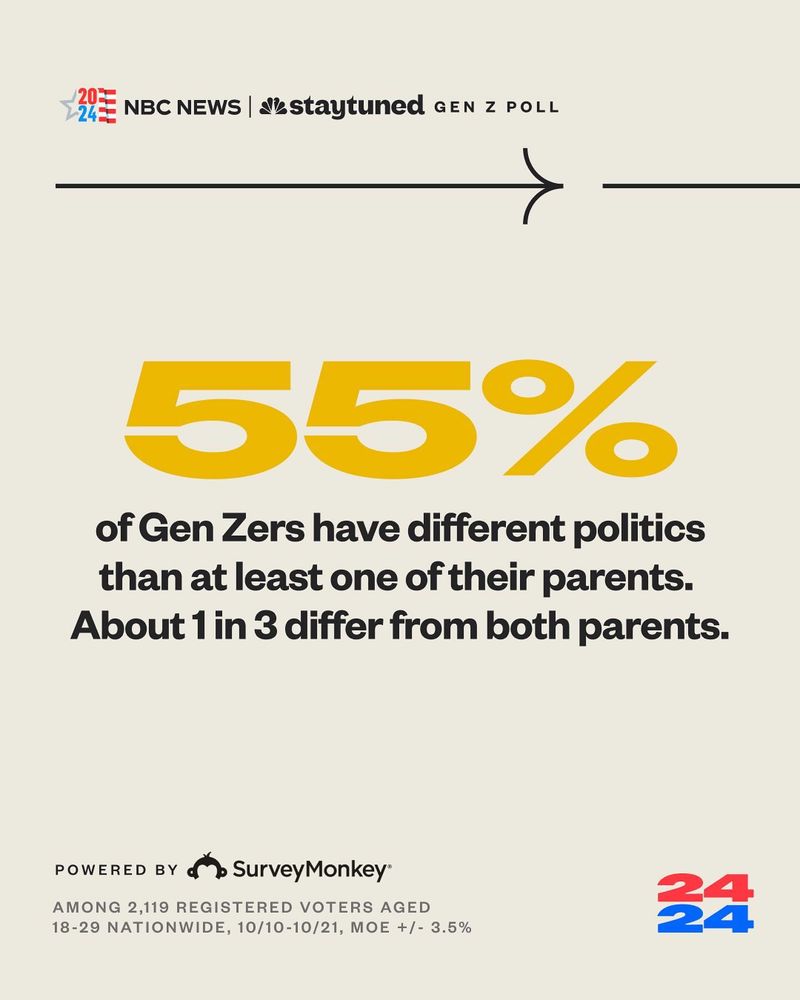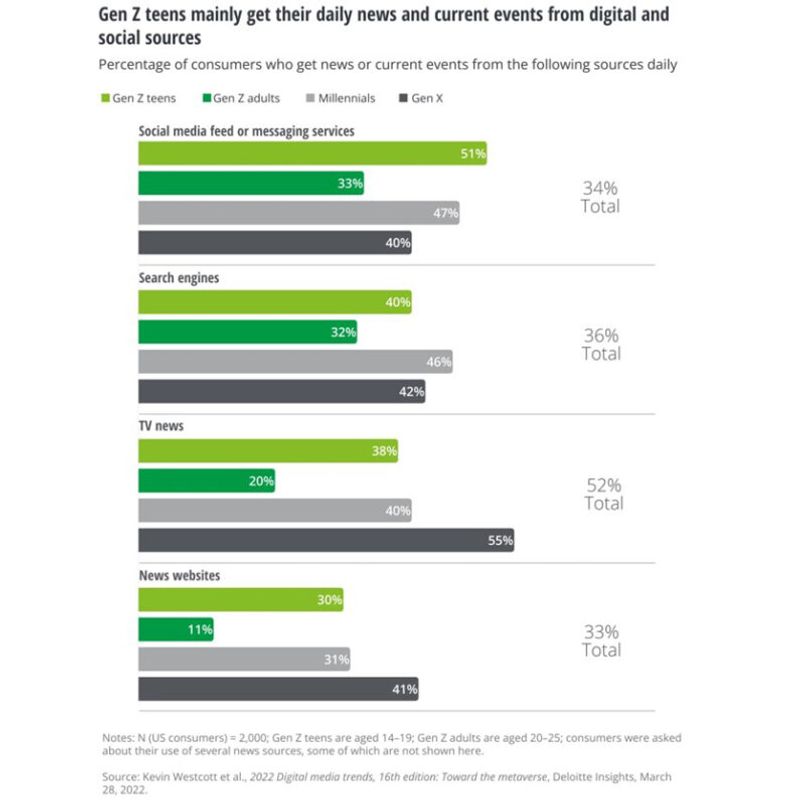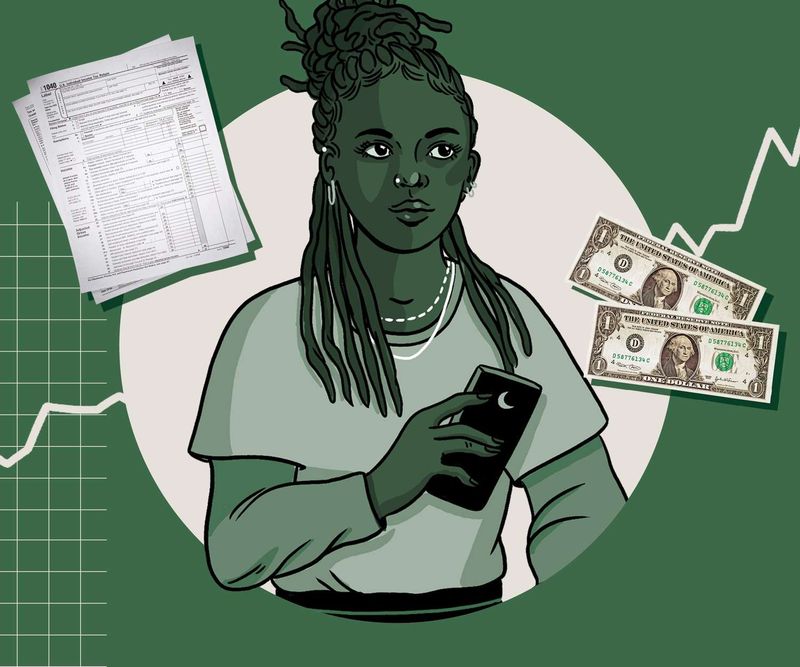In an ever-evolving world, the relationship between Gen Z and their parents is experiencing a noticeable shift. While communication has never been more accessible, this young generation often finds itself hesitant to engage in traditional conversations with their parents. The reasons for this reluctance are as varied as they are profound, ranging from differing worldviews to technological influences. Understanding these reasons can offer insights into the evolving dynamics of family communication.
1. Technology’s Overwhelm

In a digital age, communication preferences have shifted dramatically. Gen Z often finds traditional conversations cumbersome compared to quick digital interactions.
Parents may not be as tech-savvy, leading to a disconnect. Imagine the frustration of explaining Instagram stories or TikTok trends to someone unfamiliar with these platforms.
This technological gap can make conversations feel less meaningful or too slow for Gen Z, who are accustomed to instant communication. Hence, they might prefer texting or messaging apps over face-to-face discussions.
2. Differing Values

With a world rapidly changing, values evolve with each generation. Gen Z often holds progressive views on social issues, contrasting with their parents’ more traditional beliefs.
This clash can lead to misunderstandings or heated debates that neither party finds enjoyable. A conversation about climate change or gender identity might become tense, as each side struggles to see the other’s perspective.
Such value differences can create a barrier, with Gen Z opting for silence over conflict, preferring to engage with like-minded peers.
3. Mental Health Awareness

Gen Z is more open about mental health than previous generations. They prioritize mental well-being and seek therapy or self-care, often finding their parents less understanding.
This can lead to communication barriers, as discussions about anxiety or depression might be met with skepticism or outdated advice.
Parents may not fully grasp the importance Gen Z places on mental health, resulting in conversations that feel dismissive or unsupportive. Thus, Gen Z may choose to discuss these issues with friends or professionals instead.
4. Environmental Concerns

Passionate about the planet, Gen Z is deeply invested in environmental causes. They frequently find their parents less urgent about climate issues, which can be frustrating.
A discussion about recycling, sustainable living, or fossil fuels might turn contentious if parents downplay these concerns.
This difference in environmental priorities can lead Gen Z to avoid such topics altogether, opting to channel their energy and discussions into activism or community involvement with peers who share their passion.
5. Career Expectations

The traditional career path is being redefined by Gen Z, who often prioritize passion and flexibility over stability. Parents might struggle to understand this shift.
Discussions about unconventional career choices, like becoming an influencer or freelancer, can be met with concern or disbelief. Parents may view these as risky, preferring more conventional roles.
This difference in career expectations can lead to tension, with Gen Z choosing to bypass these discussions to avoid judgment or pressure.
6. Political Divides

Politics can be a divisive topic, and Gen Z is more politically active and informed than ever before. They often have strong opinions, which may clash with their parents’.
Discussions around elections, policies, or movements might lead to arguments, as each side holds firm to their beliefs. These political divides can make conversations uncomfortable.
Gen Z might choose to engage in political discussions within their own circles, where their views are more likely to be understood and supported.
7. Media Consumption

The way Gen Z consumes media is vastly different from older generations. They favor social media, streaming platforms, and digital content.
Parents might prefer traditional news outlets, leading to differences in perceptions and discussions. A news story viewed on social media might be seen differently when read in a newspaper.
This media consumption gap can lead to misunderstandings or dismissals, with Gen Z choosing to share and discuss media experiences with peers.
8. Relationship Dynamics

Modern relationships often confuse older generations. Gen Z navigates dating, friendships, and even family differently.
Parents might not understand the dynamics of dating apps or online friendships. Conversations about these topics can feel awkward or judgmental, leading to discomfort.
Misunderstandings about relationship dynamics can prompt Gen Z to keep these aspects of life private, sharing experiences with friends who comprehend these modern social norms.
9. Financial Perspectives

Financial stress is a reality for many Gen Z members, shaped by student debt and economic uncertainty.
Conversations with parents about money can be strained, as older generations may not understand these challenges. Parents might offer advice that feels outdated or impractical.
This financial perspective gap can lead Gen Z to seek financial advice from online communities or peers, who face similar economic realities.
10. Cultural Diversity

Gen Z is the most racially and ethnically diverse generation yet, often embracing multiculturalism in their daily lives.
Parents might hold more homogeneous worldviews, leading to contrasting opinions on cultural issues. Discussions about diversity or inclusion might feel shallow or contentious.
Gen Z may avoid these topics with parents, preferring to celebrate and discuss cultural diversity within their diverse circles of friends.
11. Educational Pathways

Traditional education paths are being re-evaluated by Gen Z, who may prefer alternatives like online courses or vocational training.
Parents might favor conventional college degrees, seeing them as more secure. This can lead to disagreements about educational choices.
Such differences in educational perspectives might push Gen Z to seek advice and support from mentors who align with their vision for the future.
12. Social Justice

Gen Z is committed to social justice, often engaging actively in movements for change. Their passion might be met with indifference or disagreement from parents.
Discussions about topics like racial equality, gender rights, or economic justice can become heated, leaving Gen Z feeling misunderstood.
To find solidarity, they might choose to discuss and act on these issues with peers or through online activism platforms.
13. Privacy Concerns

Privacy in the digital era is paramount for Gen Z, who are cautious about sharing personal information.
Parents, who might not understand the digital intricacies, could unintentionally invade this privacy. Conversations about social media or online presence might feel intrusive.
To maintain control over their personal lives, Gen Z may limit sharing information with parents, preferring to keep certain aspects private.

